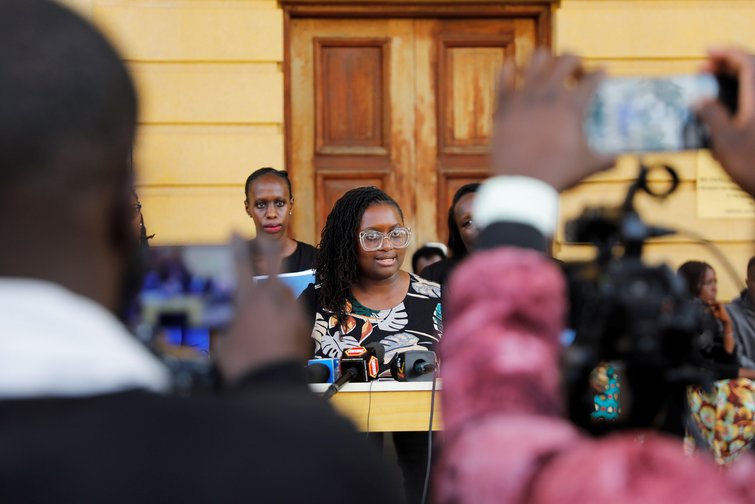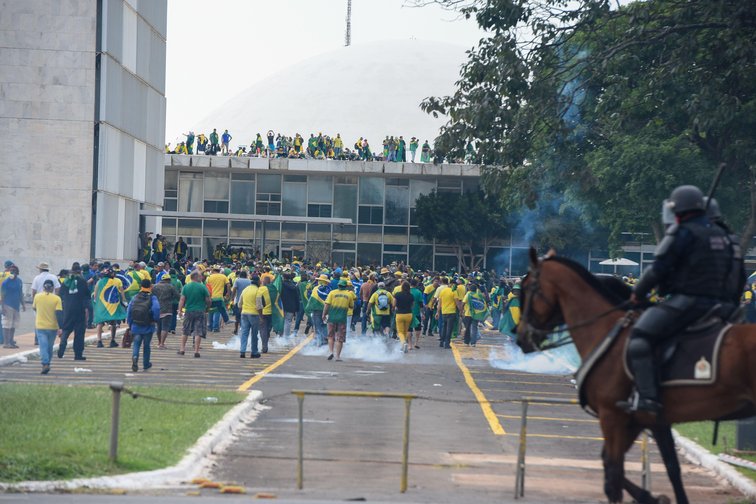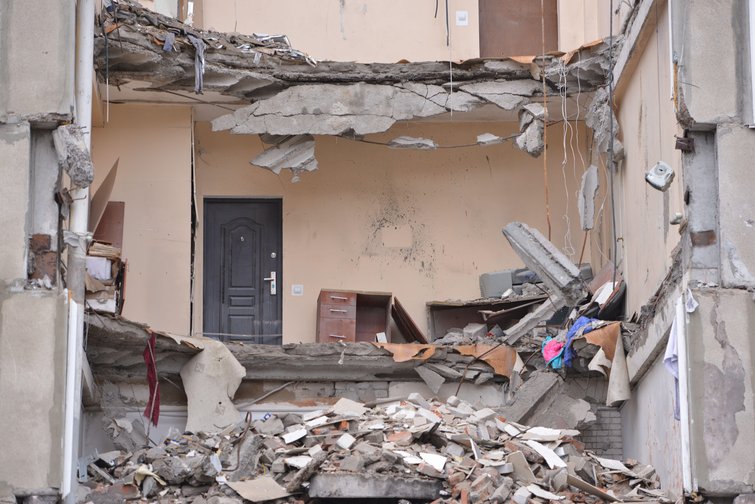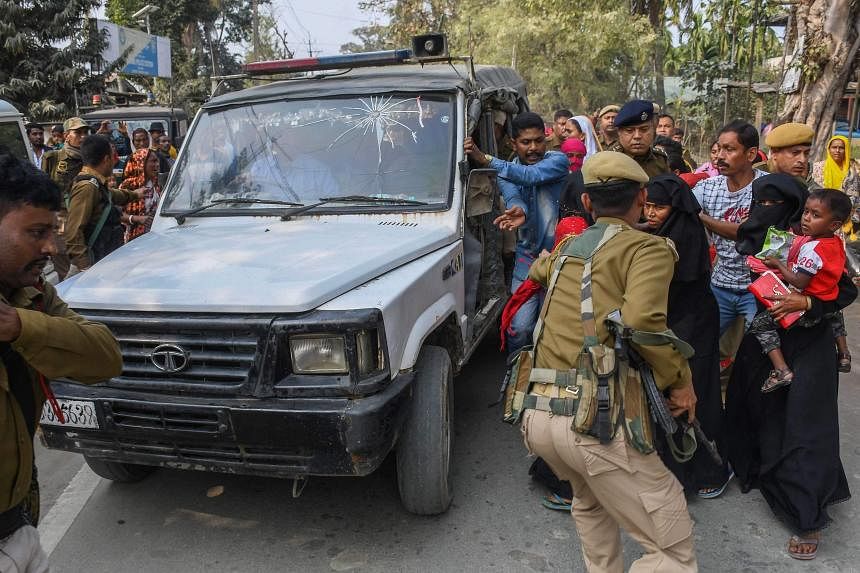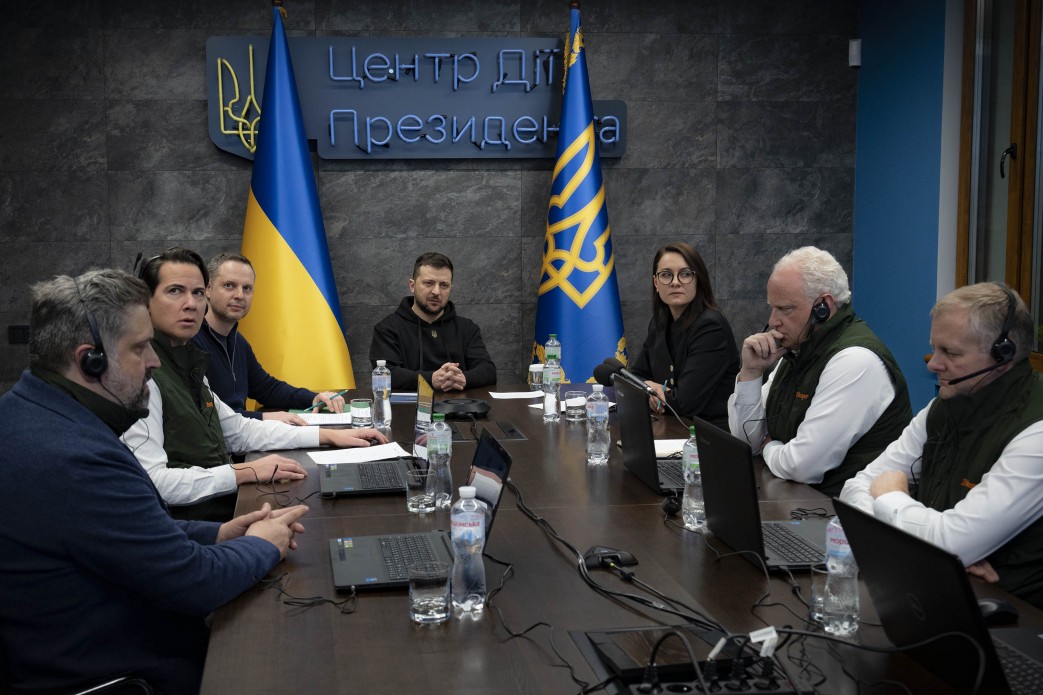Researcher says US and China can find ways to coexist as focuses and approaches are different
Kawala Xie
+ myNEWS
Published: 11 Feb, 2023
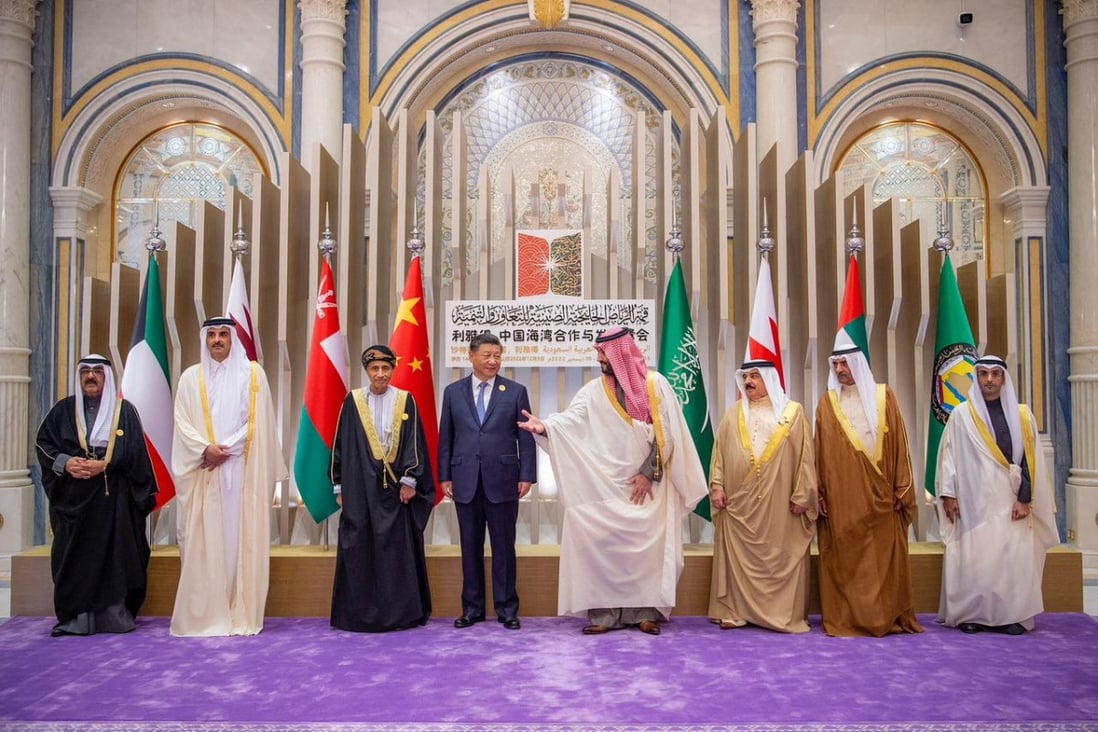
President Xi Jinping and Arab leaders pose for a group photo during the China-Arab summit in Riyadh in December. Photo: Handout
China should weigh any shift in its Middle East policy cautiously to avoid turning the region into the next geopolitical battleground with the US, a prominent Chinese research institute has warned.
In an article posted on the WeChat social media platform on Tuesday, Niu Xinchun, director of the Institute of Middle East Studies at the China Institutes of Contemporary International Relations (CICIR), said the country’s Middle East policy was not expected to undergo a major shift over the next few years as it would continue to focus on economic rather than military ties, even though some viewed it as competing with the US in the region.
Nin said that when crafting its Middle East strategy, China should avoid being dragged into a “great power game” with the US – as had already happened in the Indo-Pacific region and Europe.
China’s Xi Jinping visits Saudi Arabia in bid to boost ties amid strained US-Saudi relations
“For a long time, China has mainly participated in the economic affairs of the Middle East,” Niu wrote, adding that adjustments to its global strategic priorities and allocation of resources would be required if preparations were to be made for a great power game in the future.
“In terms of economic affairs, China can maintain a balanced relationship with all regional countries,” he wrote. “Once it enters the deep water in the military and political fields, it is almost impossible to maintain such a relationship.”
“It can be predicted that, if not triggered by major emergencies, China will not take the initiative to substantially adjust the current Middle East policy, but will carefully observe and adjust while interacting with the United States.”
China expected to maintain distance from Middle East conflicts
16 Dec 2022

Many predict the Middle East could become the next arena for competition between the two countries, as China continues to increase its footprint in the region and the United States pivots away.
But Niu said the US and China did not have major conflicts in the region because their focuses and approaches were different, meaning they could find ways to coexist.
“From the perspective of regional influence, the United States enjoys a security advantage, and China has an economic advantage … the influence of China and the United States in the Middle East is different in nature, and it is impossible to replace each other,” he wrote, adding that the cost of challenging each other would be too high.
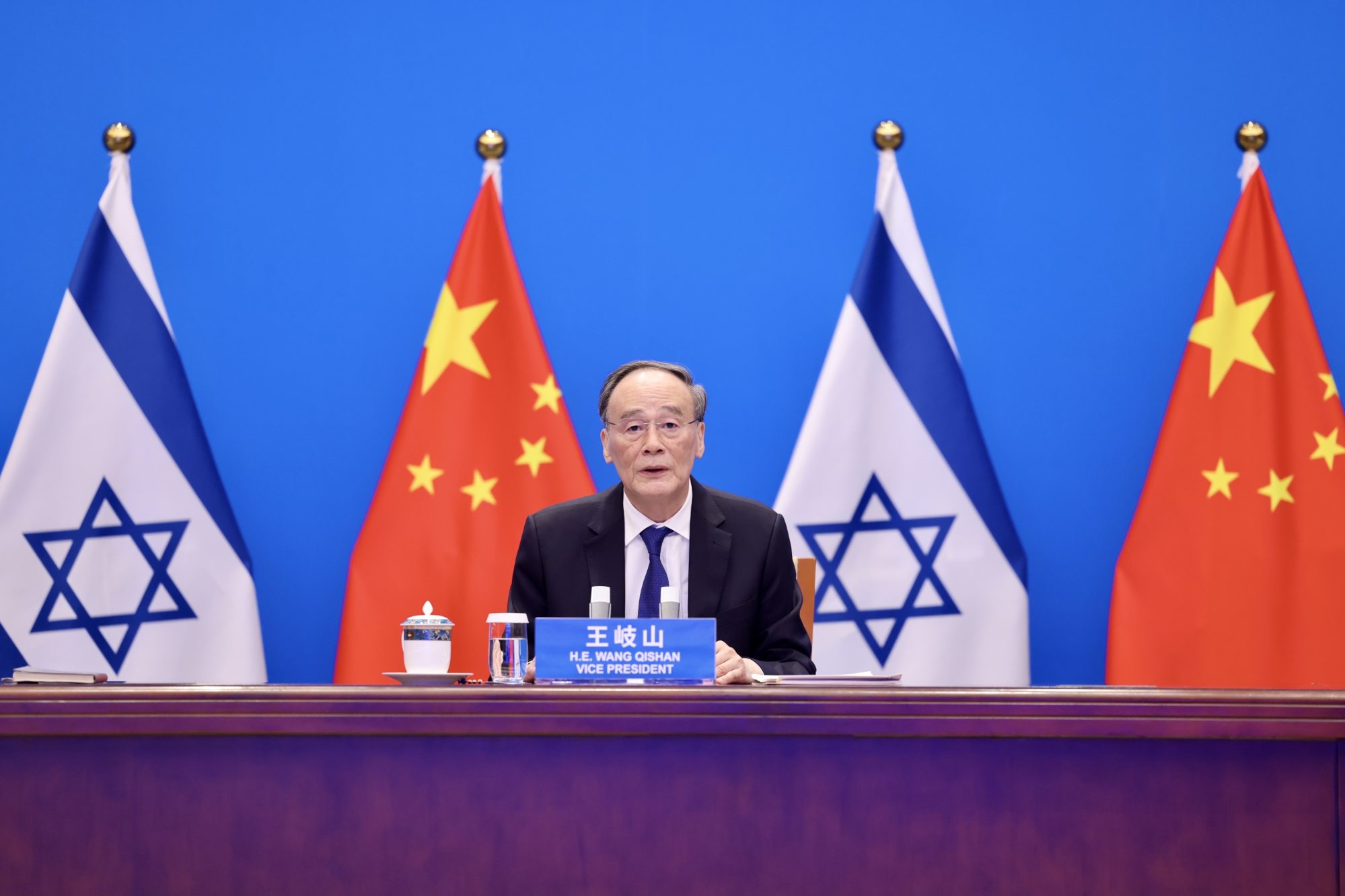
Vice-President Wang Qishan co-chairs the fifth meeting of China-Israel Joint Committee on Innovation Cooperation via a video link in Beijing in January last year. Photo: Xinhua
US assistant secretary of state for Near Eastern affairs Barbara Leaf has said America’s security and defence history in the region gives it a “clear advantage” over China. The US has been the Middle East’s biggest arms supplier for years, while China is the biggest purchaser of oil and gas from the region.
Niu said “the most acute conflict” between the US and China in the Middle East was in technology, as they competed in 5G telecommunications, space and arms.
Xi looks to closer economic ties as China seeks greater Middle East role
9 Dec 2022
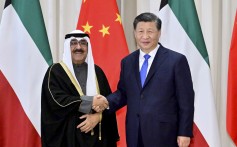
China has ramped up technological cooperation with the Middle East over the past decade, with nuclear energy, aerospace and satellites, and new energy listed as promising fields in the 1+2+3 strategy that President Xi Jinping set for Middle East policy in 2016, with energy remaining the main axis and investment and trade as two wings.
Beyond dozens of agreements and proposals on expanding traditional energy and trade cooperation, the first summits between China and Arab and Gulf countries in Saudi Arabia in December also produced a landmark deal for Huawei to provide cloud computing services in the kingdom and a proposal to set up a China-Gulf moon and space exploration centre.
Meanwhile, Chinese investment in technology and sensitive infrastructure in Israel has been under increased scrutiny due to national security concerns.
In 2021, Israeli media reports said the US had asked Israel to conduct regular inspections at the Bayport terminal in Haifa, fearing the China-built port would contain surveillance equipment capable of tracking US Navy vessels at a nearby dock.
Niu said that while the US and China did have some “tactical conflicts” in the Middle East, they were not sharp enough at present to result in a further deterioration of relations.
“If these conflicts are properly controlled in the future, they will not harm the overall situation of Sino-US relations; if they are allowed to worsen, or their impacts are deliberately magnified, they will easily become strategic conflicts,” he wrote.
